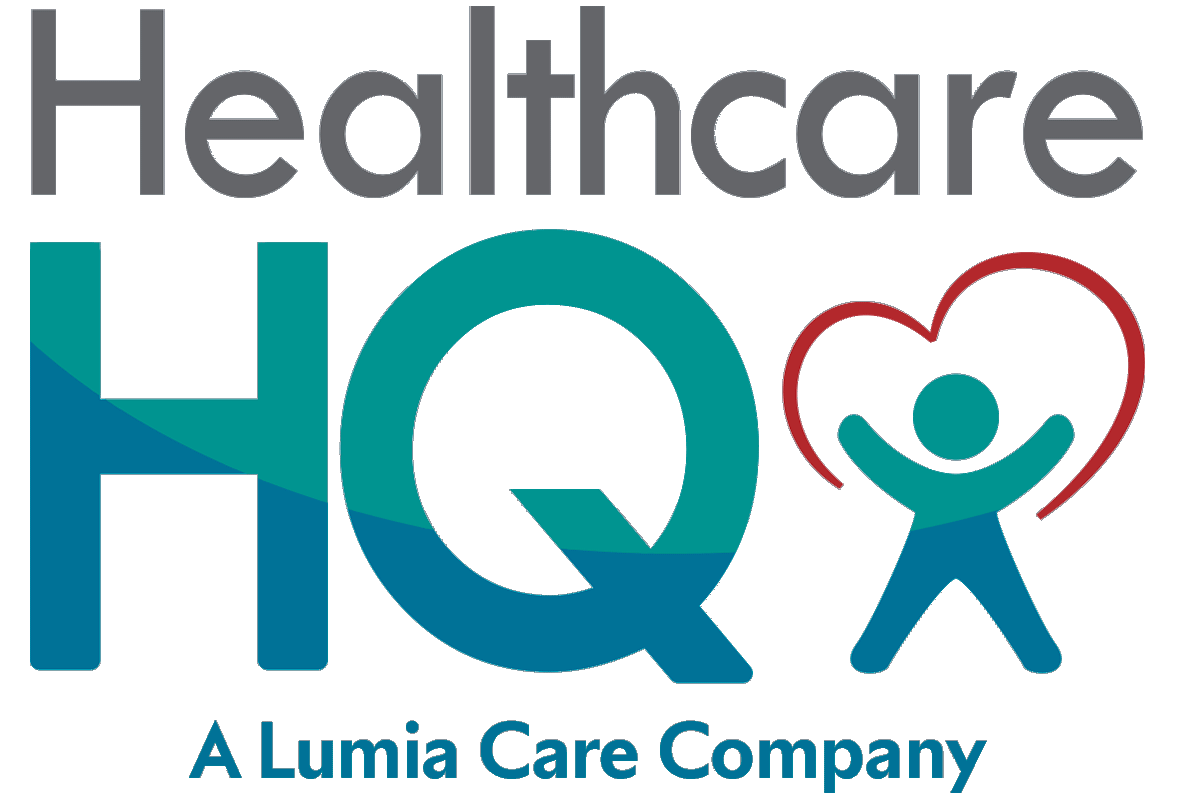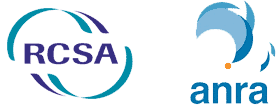Written by: Melanie Wong
The Australian healthcare industry is seeing the start of a dire shortage of nurses, a shortfall unable to meet patient demands that will continue for another decade. This desperate situation made itself known in the last year to most in the healthcare industry as hospitals and aged care centres began to feel the pressures of decreasing staff numbers. Nursing agencies have also seen rapidly dwindling numbers of staff as experienced nurses are often not looking for extra work in agency shifts due to their already demanding workloads. According to the ABC, with approximately 9000 nurses in 2018, NSW will need approximately 13,000 nurses by 2030 but will have only 7,500 nurses available, reaching a little more than half the demand. Yet the question remains of why this is happening – why is the industry experiencing such a drastic shortage and why is there a mass exodus of nurses leaving the industry?
The most predominant reason is the ageing population, of both patients and of nurses. While an ageing population will see an increase in health issues and hospitalisation for patients requiring intensive, one-on-one care, experienced nurses who have been in the industry for decades will also be retiring, taking away an essential sector of registered nurses and their knowledge. Additionally, Australia’s rising population is putting more pressure on the healthcare industry to meet the population’s demands.
Another contributing factor is the reduced number of nurses from overseas entering Australia using the Temporary Skill Shortage (TSS) visa, which aims to allow employers to hire temporary, overseas skilled workers. According to SBS, 2017 saw the lowest number of nurses on 457 visas since 2009, the first record of employees on the visa. While the lower number of overseas nurses in Australia aims to encourage job openings for local nurses, the number of experienced local nurses is simply not meeting patient demands, especially in regional Australia. With the rapidly decreasing number of registered nurses being felt across the industry, especially in agencies like HHQ, the Australian healthcare industry may have no choice but to rely on overseas workers.
What about the plethora of graduate nurses that are looking for work? Surely, they can fill in the ranks of agencies, if not aged care facilities or hospitals? New graduate nurses are definitely in abundance, and have been for the last few years in Australia. As wonderful as they are in bringing new evidence-based practices to the industry, new graduates are often not suited for agency employment. Unfortunately, agency employment doesn’t allow for training or buddy shifts, with agency staff often being expected to hit the floor running on arrival to their shifts. This can be a stressful, counter-productive and often unsafe environment for graduate nurses with little experience, hence the necessity of experienced nurses in the industry that can be found mainly from overseas RNs as local nurses leave the industry or struggle with understaffing in hospitals and aged care centres.
Another part of the decrease in numbers of registered nurses is the nature of the industry. The healthcare industry is challenging and sometimes inflexible, leading to high rates of burn out and increasingly demanding nurse to patient ratios. With understaffing, tasks that were already difficult, such as operating heavy machinery or caring for patients round-the-clock, can create a really tough work environment without the increase in recognition or monetary reward.
It can be a really disheartening and harsh environment for nurses right now. However, it’s important for nurses to be kind to each other and to themselves in the face of the industry’s struggles. Often, if life permits, work in regional areas can be a rewarding start to gaining experience as a graduate nurse, preparing yourself for agency work or even just to become more confident in your abilities before jumping into the world of nursing in metropolitan hospitals and aged care centres, which, with issues of understaffing, can be stressful environments. Regardless of your experience as a nurse, whether you’re an experienced nurse about to retire or a fresh-faced graduate, it’s important to build relationships and a support network with those in the health industry.
If you or anyone you know is struggling, Nurse and Midwife Support offers 24/7 service. Contact them at 1800 667 877 or check out their website.








